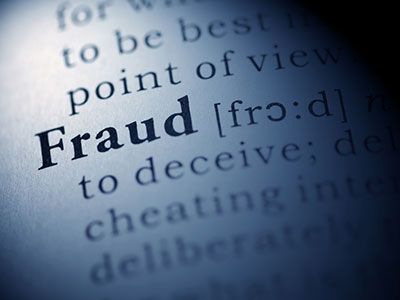Startups need funding, and most startups want to raise money with as little legal red tape as possible. But when a startup takes investment money, it is issuing securities, and federal securities laws generally require a company – or “issuer” – to register the offering and sale of any securities with the Securities Exchange Commission (“SEC”). The bad news is that most early-stage companies don’t have the legal resources to comply with the SEC’s registration and reporting requirements. The good news is that Congress and the SEC recognize this and so have created certain exemptions from the registration requirement.
The most commonly used exemptions derive from Sections 4(a)(2) and 3(b)(1) of the Securities Act of 1933. Section 4(a)(2) exempts issuer transactions “not involving any public offering,” while Section 3(b)(1) authorizes the SEC to create additional exemptions. The SEC adopted Regulation D (“Reg D”) in 1982 to clarify and expand the exemptions available under these two sections. The SEC further expanded Reg D in 2013 following passage of the Jumpstart Our Business Startups Act of 2012 (“JOBS Act”).
Until this year, Reg D included three rules – Rules 504, 505, and 506 – that provided specific exemptions from registration. Rules 504 and 505 exempted certain offerings up to $1 million and $5 million, respectively. Rule 506 spelled out two “safe harbors” – 506(b) and 506(c). If an offering met the conditions of either of Rule 506’s “safe harbors,” it would be deemed a transaction “not involving any public offering” and would be exempt under Section 4(a)(2). READ MORE










